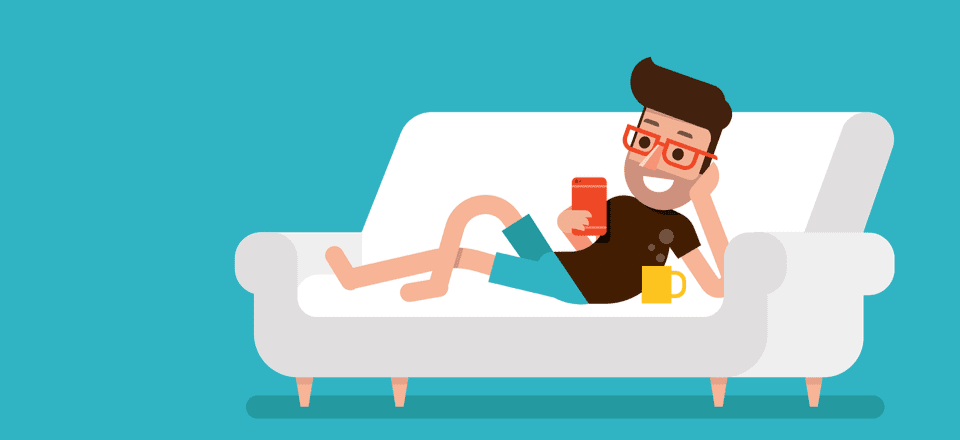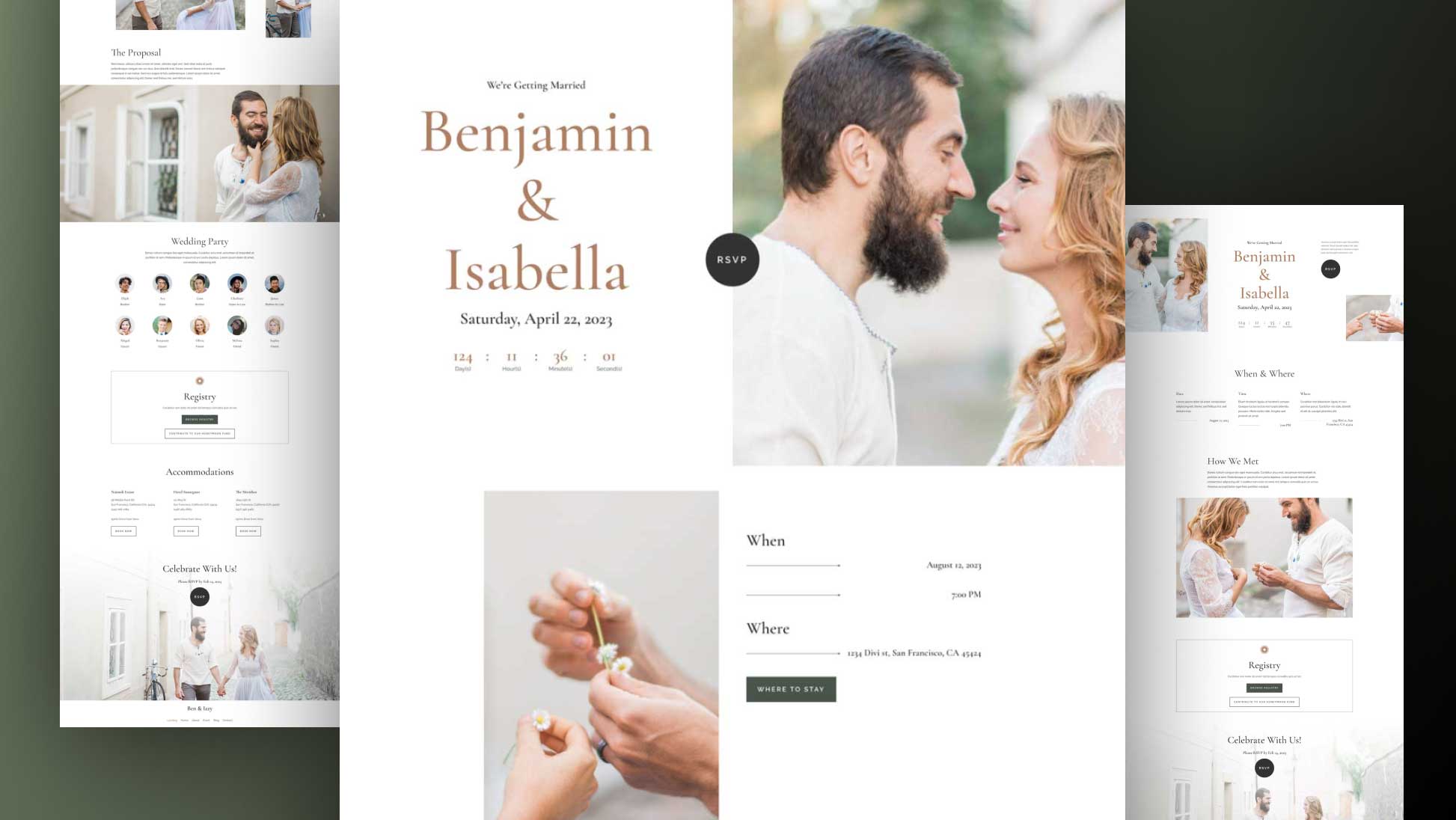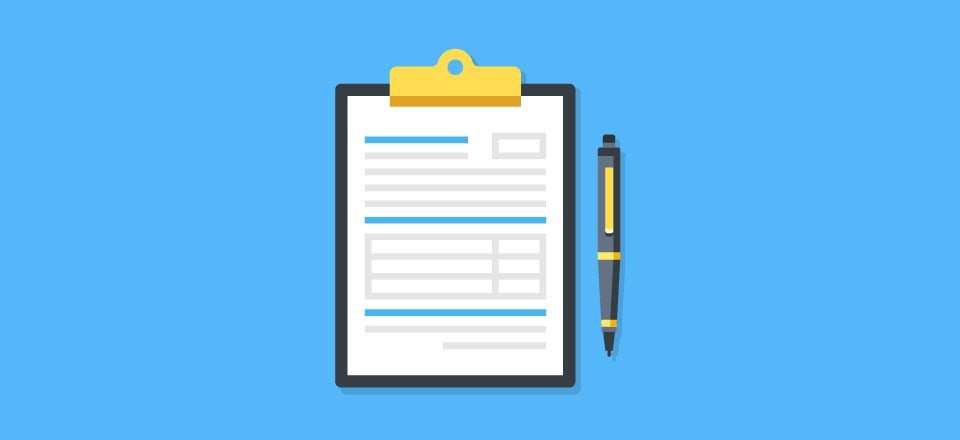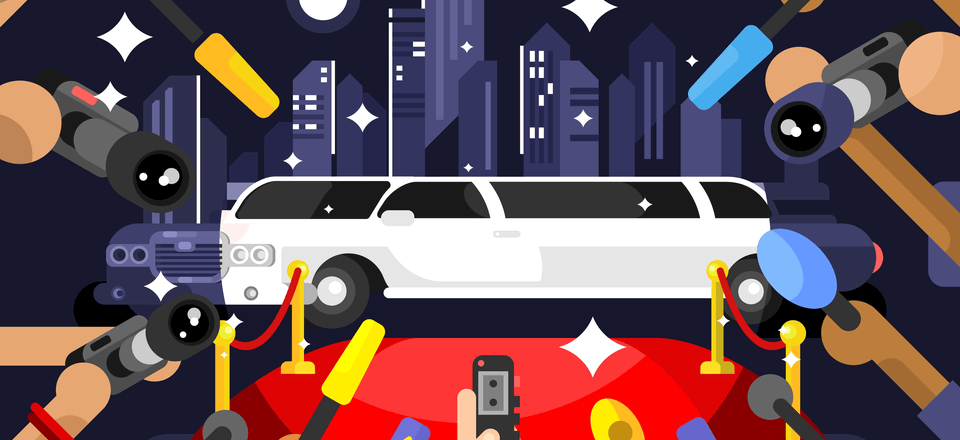I used to be a stereotype. I was the morbidly obese geek who hated sports and spent far too many hours upon hours a day playing video games, tooling around on websites, and not moving. After all, that would make me sweat and be generally uncomfortable miserable. I had pretty much no idea how to take care of myself.
Over the past few years, I’ve picked up a few simple, purposeful habits that changed my life in a big way. Nowadays, I am happier, healthier, and I get paid to tool around on websites all day. Not a bad deal, right?
I want to show you how a little self care can go a long way for people with lifestyles like ours.
What is Self Care?
Actual self care is quite a bit more than just the abstract idea of “taking care of yourself” because that’s a fairly empty phrase. It doesn’t mean anything. It’s too vague, too easy to fall away from. Too noncommittal.
Self care is being purposeful in making sure that you are having your needs met, both physically and mentally. To practice self care is to prioritize yourself as much as you would family, friends, and your career. (Or whatever else you consider important.)
As computer jockeys, we can be pretty bad about not considering the toll that our lifestyles take on our bodies. We can sit and sit and sit for hours on end, pounding away at our keyboards, guzzling coffee and Mountain Dew (Code Red, if ya nasty), and not realize we’ve skipped lunch and, most likely, a bathroom break or two.
That (moderately exaggerated) negligence affects our physical well-being, but it also affects our job performance, relationships, moods, mental health, and pretty much every other aspect of our lives.
The real kicker is that you may not realize it’s affecting your overall life because, well, that’s just life. That’s how things are.
But that’s not how they have to stay.
What You Need to Get Started
The broad strokes of what I needed for self care were learning to eat mindfully, learning to exercise, and eventually to seek counseling for my anxiety. All of that combined led to a better relationship with my wife and family, 155-pound weight loss, and eventually a transition from teaching into freelancing. It was pretty drastic.
The self care you need will be different and have different results, obviously, but lots of it can be pretty universal, regardless of the greater scope of your needs. Today, I am going to focus on the general physical aspects of simple self care (#salute), but in Part 2, I’ll discuss the just-as-important mental health side of things.
Stand Up
Stuck on a function? Stand up. Can’t get that div to float correctly? Stand up. Answering email after email after email for what seems like hours? Stand up.
There’s a lot of overblown, hyperbolic sensationalism out there regarding sitting down lately, but the simple truth is that standing up tends to make us feel better. Standing gets our blood flowing faster (which leads to greater focus and concentration, and therefore productivity), it causes you to engage your muscles more often (which leads to better metabolic rates and lowers the risk of cardiac issues) , and it burns approximately 20% more calories than sitting.
The absolute simplest thing that you can do for yourself is to stand up more often. It doesn’t even have to be for more than a minute or two.
Drink Something Besides Coffee, Tea, or Soda
Caffeine is delightful. Sugar is beyond awesome. And in moderate amounts, neither of them is really that bad. In fact, when consumed in moderation, they can be a good way to make your day a little better and brighter.
We software developers and web designers, however, rarely consume either sugar or caffeine in moderation. We have deadlines to meet, bosses and colleagues who count on us. So we have to find some way to keep our focus for extended periods.
The downside to this is that both caffeine and sugar have some serious side effects. While neither are technically addictive, they do create mild physical dependence and therefore withdrawal symptoms with sudden cessation.
Water, on the other hand, can have some of the same positive effects, such as increased concentration and focus without any of the negative side effects or dependencies. You won’t get jittery when you have too much, and your head won’t explode or your body crash if you haven’t had enough.
The CDC has performed multiple studies that indicate Americans (adults and kids alike) are suffering from dehydration of some level or another.
Of course, water is also the best way to stay hydrated. Coffee, tea, and soda just aren’t as efficient for hydration. (And in certain cases actually be diuretic). Including a few glasses of water each day really is a good way to take care of yourself for minimal effort.
Am I saying go cold-turkey from soda? Nope. Do I want you to stop drinking the tea that relaxes you? Absolutely not. If it brings you pleasure and helps make your life better, that’s a kind of self care, too.
What I am suggesting, however, is that you consider adding something else into your hydration rotation.
Have Walking or Stand-up Meetings
When I was in an office every day, my assistant director and I would do what we called “taking a lap.” We would head out from our basement office and walk around the campus green a few times. During that period, we would talk about our students and employees and just general daily upkeep stuff.
The habit was soon picked up by others around me, and lots of us would have walking meetings around the green.
Honestly, these laps were the best part of my day. I got to see the sun, a change of scenery, and honestly, it strengthened friendships and solidified professional relationships.
At the time, I didn’t consider these walking meetings to be self care. Upon reflections however, they certainly were. Having walking meetings applies many of the same benefits as standing we discussed earlier. They also add networking, socialization, and productivity to the mix, too.
You can easily integrate these into your day if you’re a supervisor or project manager. Just tell your team you’re having a stand-up meeting (or a walking one if it’s available and your team is small enough). They probably have to do what you say. The way I started was by saying, “Hey, let’s go outside and take a lap while we do this.”
If you’re not a supervisor who gets to make calls like that, drop by other people’s desks or cubicles when you need to ask a question instead of emailing or DMing them on Slack. When someone drops by your area, stand up to talk with them instead of offering them a seat.
As a freelancer, the same rules apply. You can ask clients to meet you at a park to discuss things in a casual atmosphere or for a coffee meeting, then walk around the surrounding area as you get to know each other. If you have a phone meeting or conference call, pace around your house or kitchen instead of reclining with your feet up.
I really think you will be surprised at how much of a difference this one change can make for your life.
Take Sick Days
This point applies especially to freelancers, but also to salaried employees: when you feel too bad to work, don’t work.
I would think this point is fairly self-explanatory, but so many people try to “power through” sickness that it hurts them worse in the long term. It could be pressure from higher-ups, a deadline on a project, or just getting billable hours in to fill out your work week.
What happens, though, is that your effectiveness goes down, your productivity suffers, and your body is put under strain that can (and often does) make you sicker than you were to begin with. Then your projects suffer, and your work doesn’t get done.
In addition, you are taking the chance of making other people around you sick, which is a whole other thing with its own set of consequences. If you’re a freelancer, not taking the time to care for yourself, to genuinely rest and recover will result in a net loss of billable hours.
So when you’re sick, just be sick. Rest. Lie down. Don’t think about work or try to telecommute from your bed to get in a few more lines of code. These days, it’s seen as an almost-noble endeavor to power through anything to get the job done and a weakness to acknowledge anything that doesn’t require hospitalization.
But you know what? That’s silly.
Sure, there will be circumstances that call for you to go above and beyond. But that’s just it: you’re going above and beyond. Above and beyond isn’t the standard. It’s going (you guessed it) above and beyond the standard. That’s not fair to you.
It’s up to you to be fair to yourself. Take sick days when you’re sick and rest when you need rest.
That’s It? That’s Self Care?
Kind of. But not really. This is a good starting point if you are like me and had no clue how to take care of yourself. Sustainable well-being is not making large, sweeping changes in your life. As a software developer or web designer, your life is crazy enough as it is. You probably can’t afford to make epic changes.
But you can consistently make small ones, which, over time, can result in dramatic improvements to your well being. You can do a few things like stand up, swap out a Mountain Drew for a bottle of water, or take a sick day when you’re sick. Over time, I promise those small tweaks to your lifestyle will add up into your looking back and realizing that you have, in fact, started to take care of yourself.
Tomorrow: Mental Self Care
Physical health and taking care of your body is only one aspect of self care. The other side is mental health, which can be stigmatized and/or overlooked. In Part 2, I will offer some quick and easily integrated tips on how you can give your brainyparts the royal treatment they deserve.
Article thumbnail image by Bplanet / shutterstock.com









Great tips above. I have found a few others for those that work from home.
First, set a space to be your office, do 90% of your work from there. This allows you to mentally say “This is my office, this is where I work and this is my home, this is where I live”. That separation is key. If you feel like you’re always at work because your living room is where you work and watch Game of Thrones, you will never be able to feel like you’re off of work.
Second tip is to take some time to go out to lunch. I attended a mental health talk at a WordCamp and the speaker said, pick a day or two to go out to lunch, even if it is just you. As a remote worker, you often get stuck in your home for days on end, never leaving. Picking 2 days a week to go grab lunch out where there are people will do a lot for your mental health. If you can, try to find someone to go to lunch with, and talk about something other than work.
“small changes can make a big difference”
Great !
Wow! okay, I am the stereotype too. Time for the change indeed.
Awesome ! Awesome! Awesome! Thank you for writing this and if nothing else, bringing awareness to those who sit all day behind computers! The smallest changes can make a big difference!
B.J., great article and very much needed. You hit on things that I, sadly, often do. 🙁
But, one thing you didn’t mention, that certain bears mentioning, is GET ENOUGH SLEEP.
I think those in this industry, especially those of us who are self-employed, often one-man shows, or the person who is working a full-time job elsewhere and trying to build a business on the side they can eventually rely on for income, don’t get anywhere near the recommended sleep we should be getting.
Sleep is needed to repair our bodies and I am sure I am not the only one who has been known to pull an all-nighter and go 36 hours straight with no sleep to meet a deadline or because stopping in the middle of a project just doesn’t make sense.
We have to remember to actually stop and get some sleep every night. This is a hard one for me, an admitted workaholic, and insomniac, who thinks instead of lying in bed and staring at a ceiling for hours, I could be doing some productive.
But, getting the proper amount of sleep has so many health benefits.
I always love my articles from Elegant Themes but this is really on target.
Thank you!
Excellent Article, and very unique that I have come across!! I am a theatre practitioner, thankfully and I get to meet people, have informal meets and discussions, walk around, stand for couple of minutes while sipping tea at a tea junction and talking to friends and colleagues, and yes I can relate to the benefits that we get from the things mentioned in the article! Well written and expressed the experiences and practices of your life, Keeton! 😀
When I was twenty I don’t really care about my health style. But once I hit thirty, bam, I noticed I gain weight easier.
For me, I like to go out for walks every now and then. Instead of driving, walk around. Go outside and enjoyed nature helps a lot.
The only thing I won’t do is to stand up and code. I know the hype these days are to stand in front of your comp. But when i need to hack and code, I found standing not as efficient and response as I am sitting down.
The only key is to eating healthy. I don’t take energy drinks bc I don’t want to crash. Also, I drink soft drink like once every two weeks. Keep the junk away is the best I can do for my health.
Thanks B.J.
I like your emphasis on the fact that relatively small changes can make a big difference.
Regarding the walking meetings idea, I would like to add that, for me at least, I often find that I can discuss things a lot more effectively when going for a walk with someone, compared with a sitting down discussion.
Here’s the main thing that has helped me solve some of the problems you mentioned: Tai Chi.
As awesome as Yoga was for me, and I could definitely see the calculated movements in Tai Chi being awesome, too!
Oops, here’s the article on sugar addictiveness and why it is eight times more addictive than cocaine:
http://articles.mercola.com/sites/articles/archive/2017/07/29/how-obesity-epidemic-started-and-how-to-end-it.aspx?utm_source=dnl&utm_medium=email&utm_content=art1&utm_campaign=20170729Z1_UCM&et_cid=DM152277&et_rid=2097752599#_edn7
You mentioned that neither caffeine nor sugar are addictive.
Recent research (link to an article at the bottom of this reply) shows sugar to be EIGHT TIMES more addictive than cocaine.
To Erik, the commenter with big health challenges, and probably representative of at least SOME of the other readers, at some level, I’m glad you’re on the right track, but you (all of you) really need to pay attention to this article, and to implement two major changes in your lives.
First, you need to Correct Your Diet Balance. Go online and find out (a) how much of each macronutrient – carbohydrates, proteins, and fats – your body can burn each day; (b) what happens if you eat too much of each; and (c) what happens if you eat too little of each. I could tell you that here, but the information is out there. Go find it. Once you know it, you’ll be able to eat much more healthily than you have been.
Second, you need to increase your physical activity level. Walking meetings are excellent. Walking ANYWHERE is excellent. The best way I’ve found to increase my walking activity is to always carry a pedometer, and set a goal of at least 10,000 steps a day. With that pedometer in my pocket, I find I always park in the most distant slot, take the stairs instead of the elevator, and walk while I talk on the phone. Without it, the motivation to walk is much less.
Diabetes, cancer, cognitive decline (Alzheimers, dementia), arthritis, and more are METABOLIC diseases. If you correct your diet balance, you will enable your metabolism to fight off these diseases much better than the way you’re probably eating now.
Last Thing: Once you do correct your diet balance, you will find yourself to be more awake, alert, and alive, and when you have a knotty coding problem, the solution will come to you much more quickly.
Yep. I’m saying that eating right will make you a better web designer and/or software developer.
Try it. You’ll see.
David, I am interested to see the article you mentioned, but looks like you didn’t put the link? Thanks.
Apparently people who overdo the sugar should switch to cocaine, right? (Haha, JK!)
I love that you bring up the cognitive decline that comes from poor diet balance and that kind of lifestyle. You are absolutely right that proper nutrition will make you a better software developer or designer. It sounds odd to some people, but I am a lot sharper than I was when I was bigger and unhealthier and ate garbage all the time.
Good advice men, thanks!
A few tips from things I’ve learned:
1. A (powered) standing desk is actually a good investment regardless of how you feel about the sit/stand debate, simply because removing obstacles between you and standing means you’ll actually do it. It’s so easy to turn and walk away from the computer when you’re standing already. It’s easy to move around, pet the dog (or office cat?), go take that plate to the kitchen or whatever you need to do to break away for a second.
2. Get a vacuum sealed water bottle. Why? Because you’ll drink a LOT more water if it is cold all day, and that means drinking a lot less soda/coffee/whatever. Very few people are ever properly hydrated, and you’d be surprised by how many benefits hydration has. On top of everything, you’re less likely to snack. If you don’t work from home, the water bottle is a good excuse to get away from the desk for refills and is much better than heading to the vending machine. I’ve known people who drink soda all day simply for the escape to the vending machine.
3. Set up cues to remind you when to take a break. If you work at home, it’s hard to separate ‘being at work’ from ‘being at home.’ I have Philips Hue lights in my office, which are programmed to switch from ‘concentration’ white to red at 5PM. This is my cue that I’m off work.
Excellent much needed advice. I take care of so many people it’s ridiculous – but i ignore myself and my body’s needs like I’m indestructible.
Great article. I am obese. I didn’t use to be but over the years, sitting behind my desk at home I got fat! A few years ago, once I was able to afford health insurance, I learned that not only did I have diabetes but that I also off the charts, high blood pressure. Sleep Apnea, high cholesterol and a year an a half ago, I discovered I had skin cancer.
I am not as active as I should be but my biggest problem was binge eating, when I watched TV I would eat a whole lot of food. I’ve had to give up watching so much TV, my boss got me an Xbox One last Christmas, now instead of watching TV I am gaming. I discovered that I don’t eat while I play. After about two weeks, I noticed my blood sure was the lowest it had been in years. It’s now been about six months and I’ve lost close to 50 pounds. I am still fat but getting better, and I feel so much better.
Anyways, I know I need to stand more and your post today is a good reminder of that. I used to see people like me and think, “Dude, how could you let yourself go like that?” It’s like a bad joke, I never saw it happening. Looking back I did but there’s this overwhelming sense of denial as it happens, it’s almost blinding, then one day you wake up and you can no longer deny it, you’re fat.
For me, it was realizing what my true issue was, that is binge eating. Finding gaming as hobby has literally saved my life. Now, when I take a break, I mostly have a salad because I like salads, sometimes I have something bad, like a frozen burger that I can quickly nuke or some chicken nuggets. But, I have one burger or slightly less huge pile of nuggets and then I get back to work or back to gaming.
For the first time in about 3 years my blood sugar numbers, with meds are under control. My blood pressure is a little high but it’s no longer life threatening. My best advice to anyone that has issues with binge eating, find something you love to do that involves your hands. I have never been able to stick to a diet. But, I have managed to stop eating tons of foods by just finding another hobby besides watching TV all day.
I don’t miss all the food, I do miss not being able to watch all the TV and movies I used to watch, but even so, I still spend an hour or two a day watching TV, sometimes more. But, I plan those breaks at dinner and lunch and then I go right back to work or gaming. Then, its what you mentioned, standing up, walking around. It helps and I don’t do it nearly enough. One thing I try to do is going to the store two or three times a week. I walk up and down every isle twice. It’s like exercising and not even realizing it.
Again, great article and I looking forward to tomorrow’s. Thank you.
50 pounds? Dude, you’re a rock star. Congrats!
Excellent topic and a well written article, not to mention needed.
I have a tendency to go into my zone, as I call it, and will sit for hours, on a roll getting a task done, struggling over a problem, looking for keywords, or whatever. I just sit and work or stew or plan or scheme, but the key is I just sit for very long periods of time.
Going to remember to just stand up. That’s easy enough. Stand up and get a glass of water.
GREAT post! Something we all need to apply. Thank you for the prod in the right direction!!
Thanks for the post. I love the idea of walking meetings. For my business promotion I have many coffee dates. I think turning those into walking appointments at a park could be well received as an enjoyable creative option….sorry Starbucks. You won’t be seeing me as often!
A much needed topic of conversation. Well said and well written. You’re the only one who can take care of yourself. No one else can. Work is important but not so important to burn yourself out working.
You can’t deliver good quality unless you have good health. You’re right about water instead of soda and sugared drinks.
Look forward to reading your next article on Mental Self Care. Silence the inner critic!